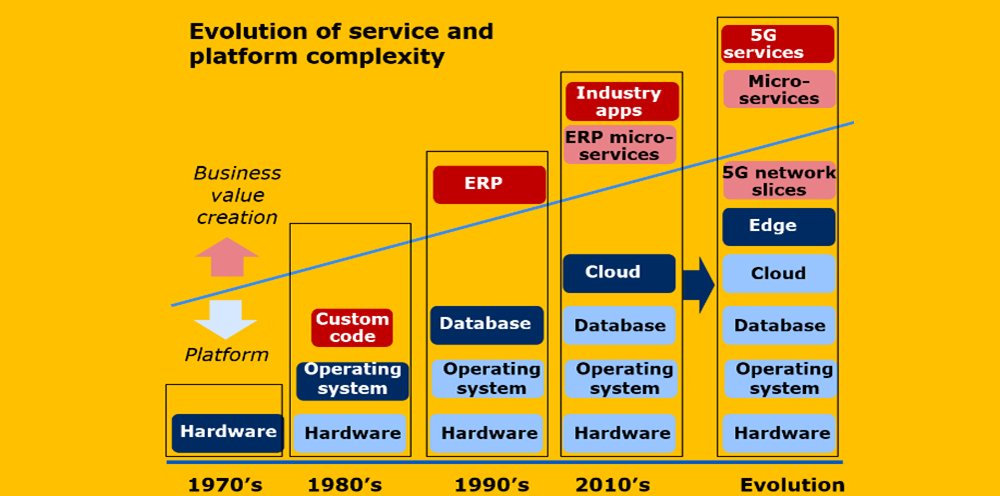A decade ago, large-scale services like enterprise resource planning (ERP) were a corner-case scenario, often designed as one-off systems. Today, applications like social networks, automated trading and video streaming have made large-scale services the norm rather than the exception. In the future, advancement in 5G networks and an explosion in the number of smart devices, microservices, databases, computing-tiers and end-points in a service will make services so complex that they cannot be tuned or managed by humans. The sheer scale, dynamic nature and concurrency in these services will require them to be autonomic. They will need to continuously self-assess, learn and automatically adjust for resource needs, data quality and service reliability.


